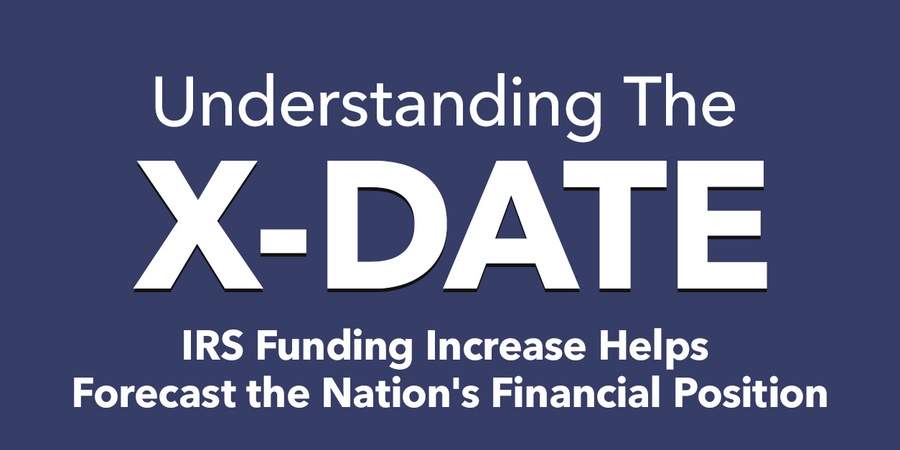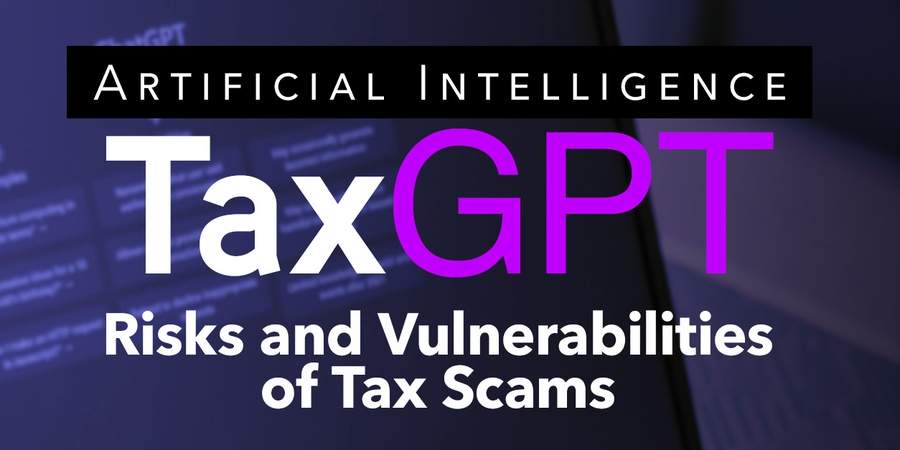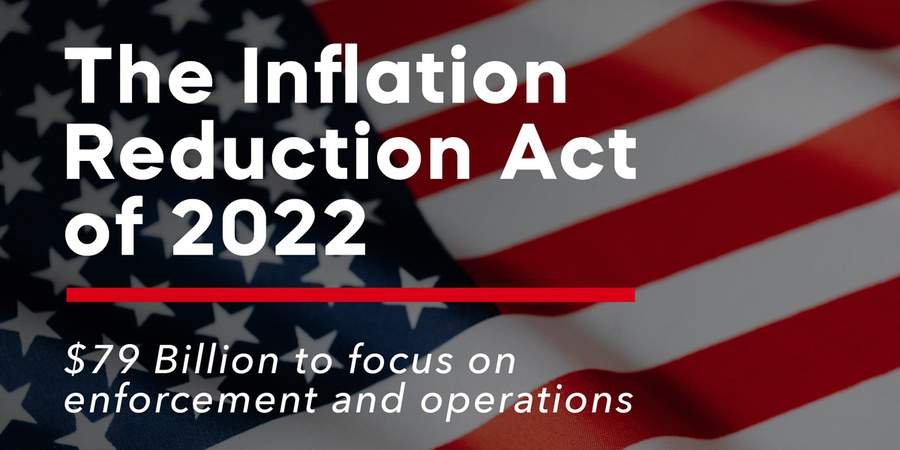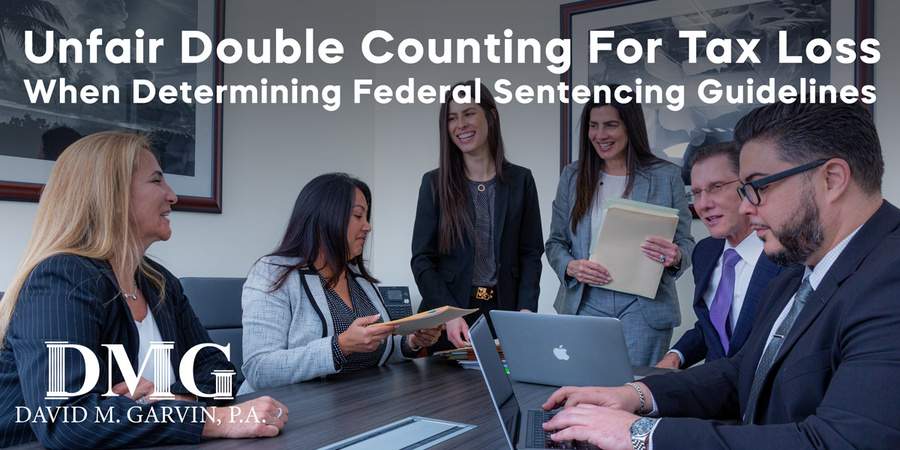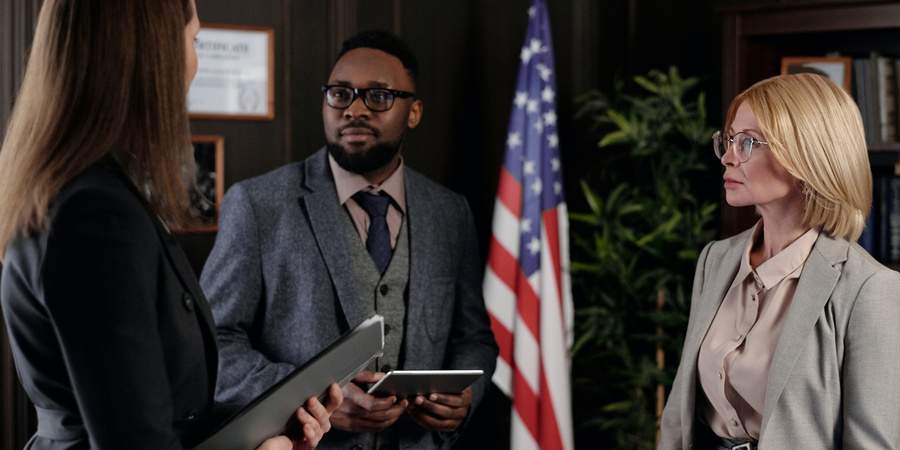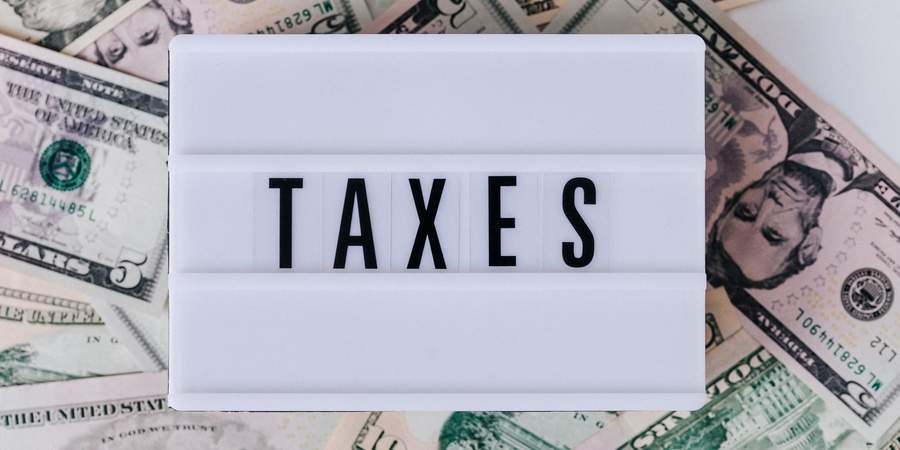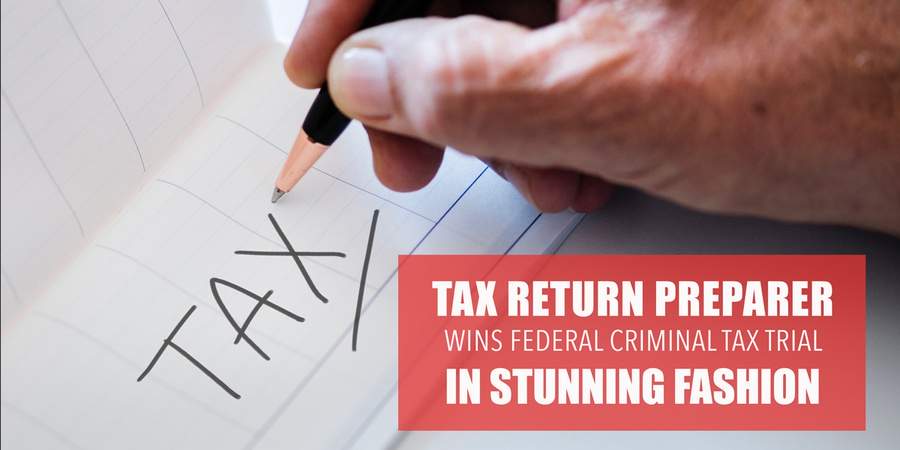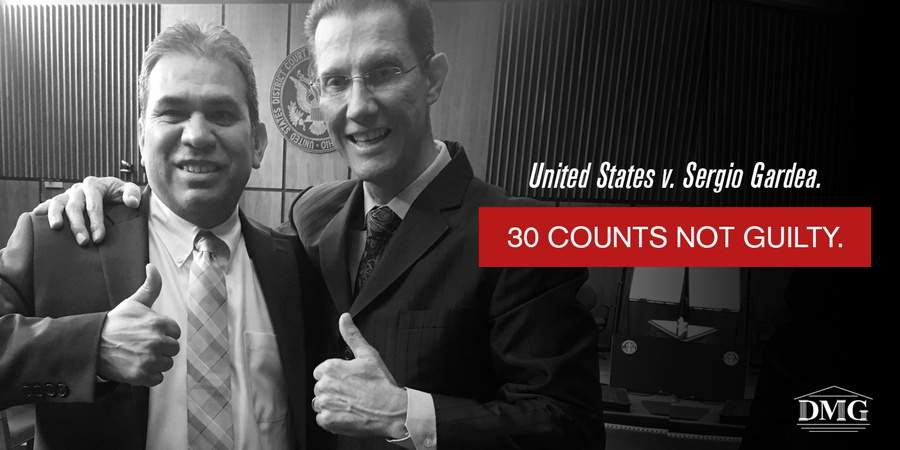Learn how the recent funding increase for the IRS is providing policymakers with a more precise picture of the X-Date, the point when the US Treasury will run out of money if the government cannot take on more debt. Experts explain how the latest IRS data is invaluable for understanding the nation's financial position during the debt ceiling debate, and warn that the debt ceiling brinkmanship is a national security issue.
Understanding AI-generated Tax Scams: A Letter to the IRS
Written by on in Artificial Inteligence, Tax Scams.
Learn about the potential threat of AI-generated tax scams and the concerns raised in a letter to the Internal Revenue Service (IRS) from a group of concerned individuals. Discover what measures the IRS is taking to counter these scams and how they plan to educate taxpayers and tax professionals.
The inflation reduction act of 2022 provies the IRS with $79 billion to focus on enforcement and operations
Written by on in Business, Inflation.
After enduring years of hiring freezes and budget cuts, the inflation reduction act of 2022 will provide the internal revenue service with over $79 billion to focus on enforcement and operations.
Unfair Double Counting For Tax Loss When Determining Federal Sentencing Guidelines
Written by on in Business.
One More Reason to Elect Subchapter S Treatment For Small Businesses Instead of Subchapter C Treatment: Unfair Double Counting For Tax Loss When Determining Federal Sentencing Guidelines.
Court Finds That the Criminal Offense for a U.S. Resident’s Willful Failure to File an FBAR was Not Unconstitutionally Vague
Written by on in Tax Audits, Appeals & Litigation.
Certain taxpayers who are citizens of foreign countries also have green cards granting them resident status in the United States. Some argue the laws regarding their obligation to file FBARs are unconstitutionally vague.
The Applicable Federal Sentencing Guideline for a Violation of Internal Revenue Code Section 7212.
Written by on in Tax Audits, Appeals & Litigation.
Section 7212 of the Internal Revenue Code punishes intentional attempts to interfere with the IRS’s administration of the Internal Revenue laws.
In a Criminal Tax Case the Taxpayer Must Press His Statute of Limitation Defense at Trial or It Will Be Waived
Written by on in Tax Audits, Appeals & Litigation.
The statute of limitations for crimes in violation of the income tax laws is generally six years. However, the taxpayer cannot rely upon the statute of limitations as a defense if the taxpayer's counsel is asserting the statute of limitations defense for the first time on appeal. The taxpayer must press the statute of limitations defense during the trial.
Court Denies Tax Preparer's Motions for Judgment of Acquittal and New Trial
Criminal No. 18-215 (MAS)
Sergio Gardea an accountant and tax return preparer with offices in Akron and Canton, Ohio prevailed in his federal jury trial in dramatic fashion with an unanimous NOT GUILTY verdict on all counts. Mr. Gardea had been charged with 30 counts of willfully filing false tax returns for clients. During the trial 9 counts were dismissed by the government and the jury found Mr. Gardea NOT GUILTY on all 21 counts remaining.
Verdict: Not Guilty on 30 Counts - United States v. Sergio Gardea
Written by on in Criminal Tax Cases, When Winning is Your Only Option.
United States v. Sergio Gardea. Tax preparer found not guilty on all 30 counts of preparing false tax returns following a 2-weeks jury trial today. Mr. Gardea was represented by Miami criminal tax lawyer David M. Garvin.
